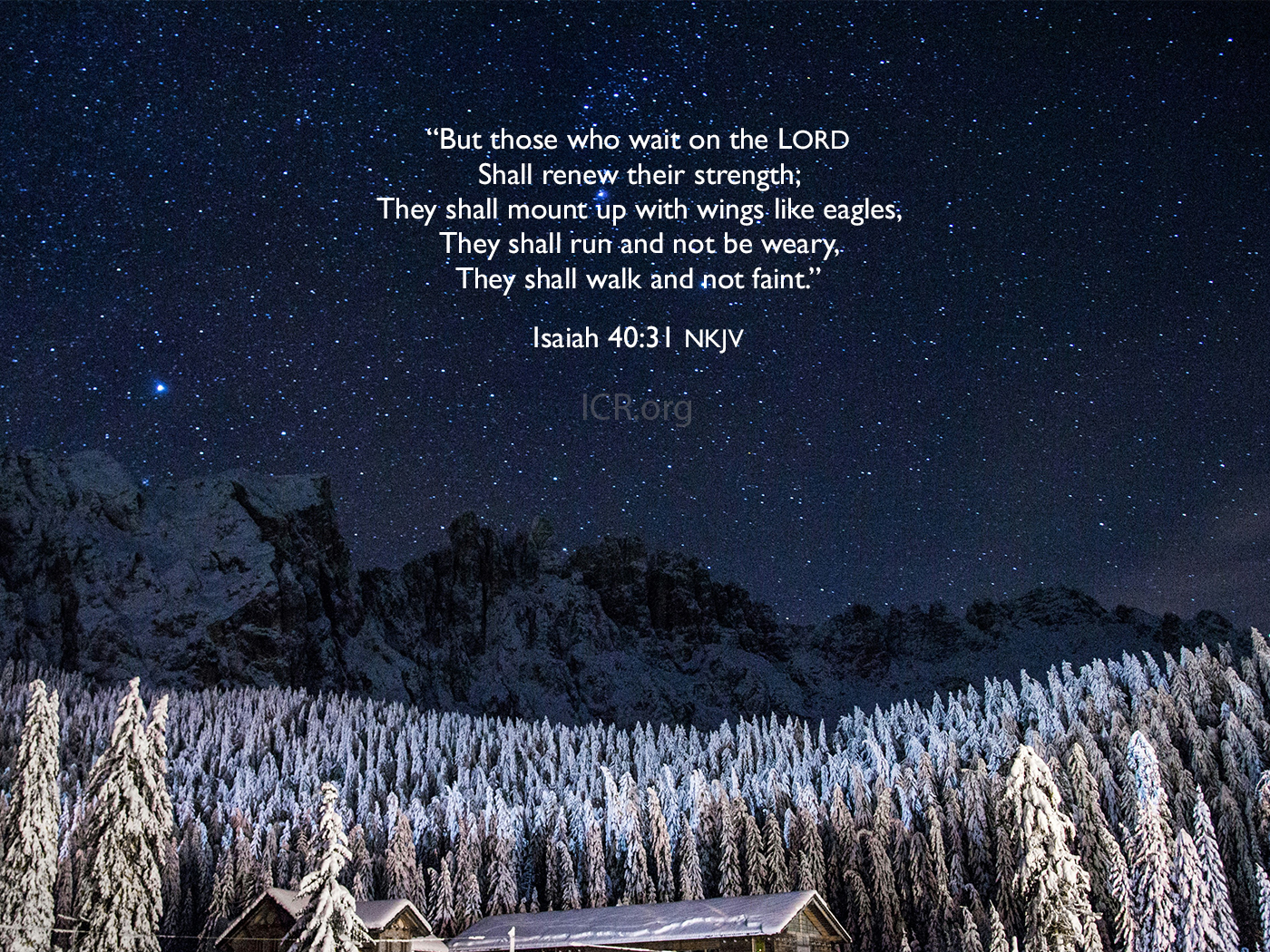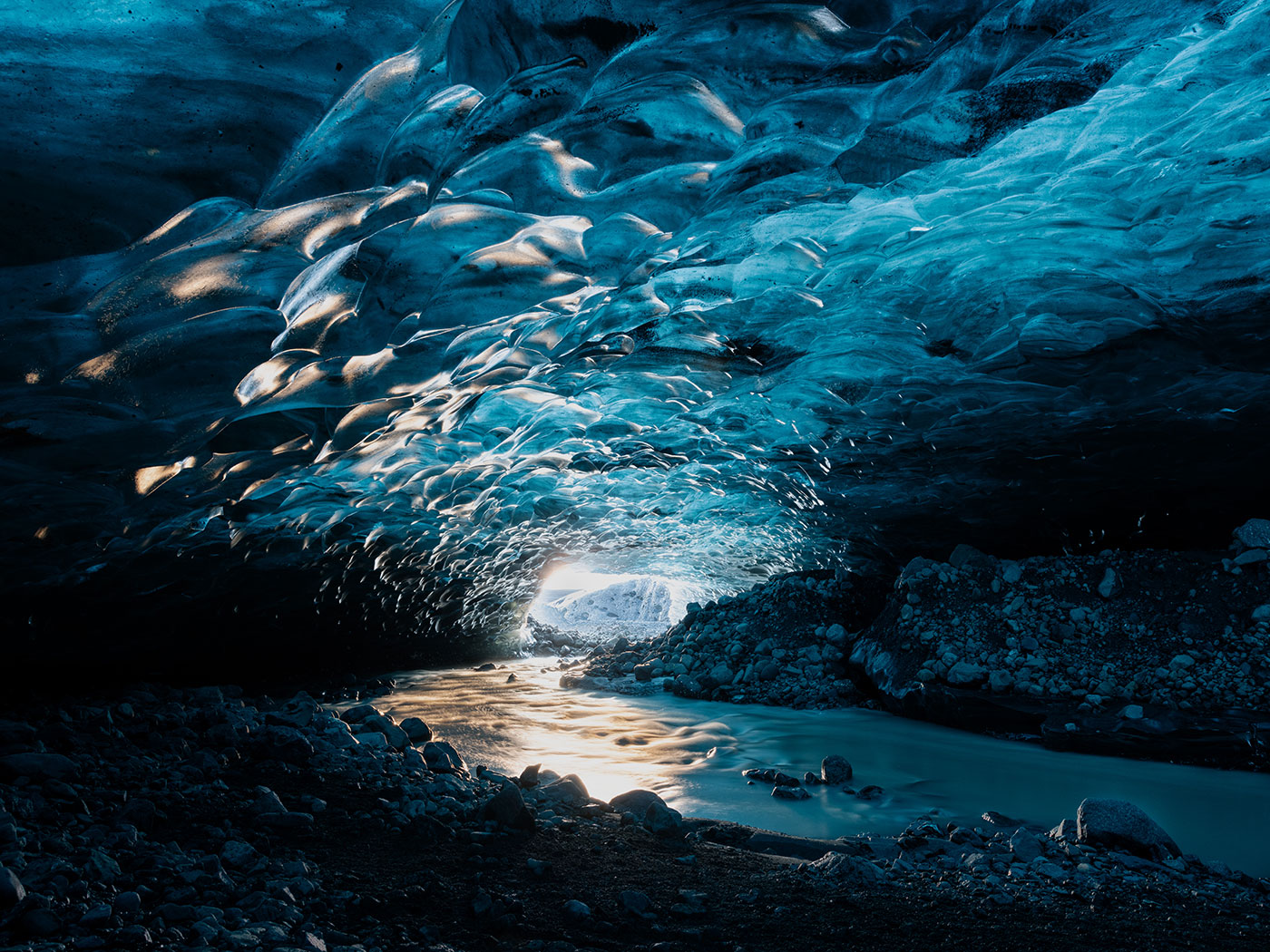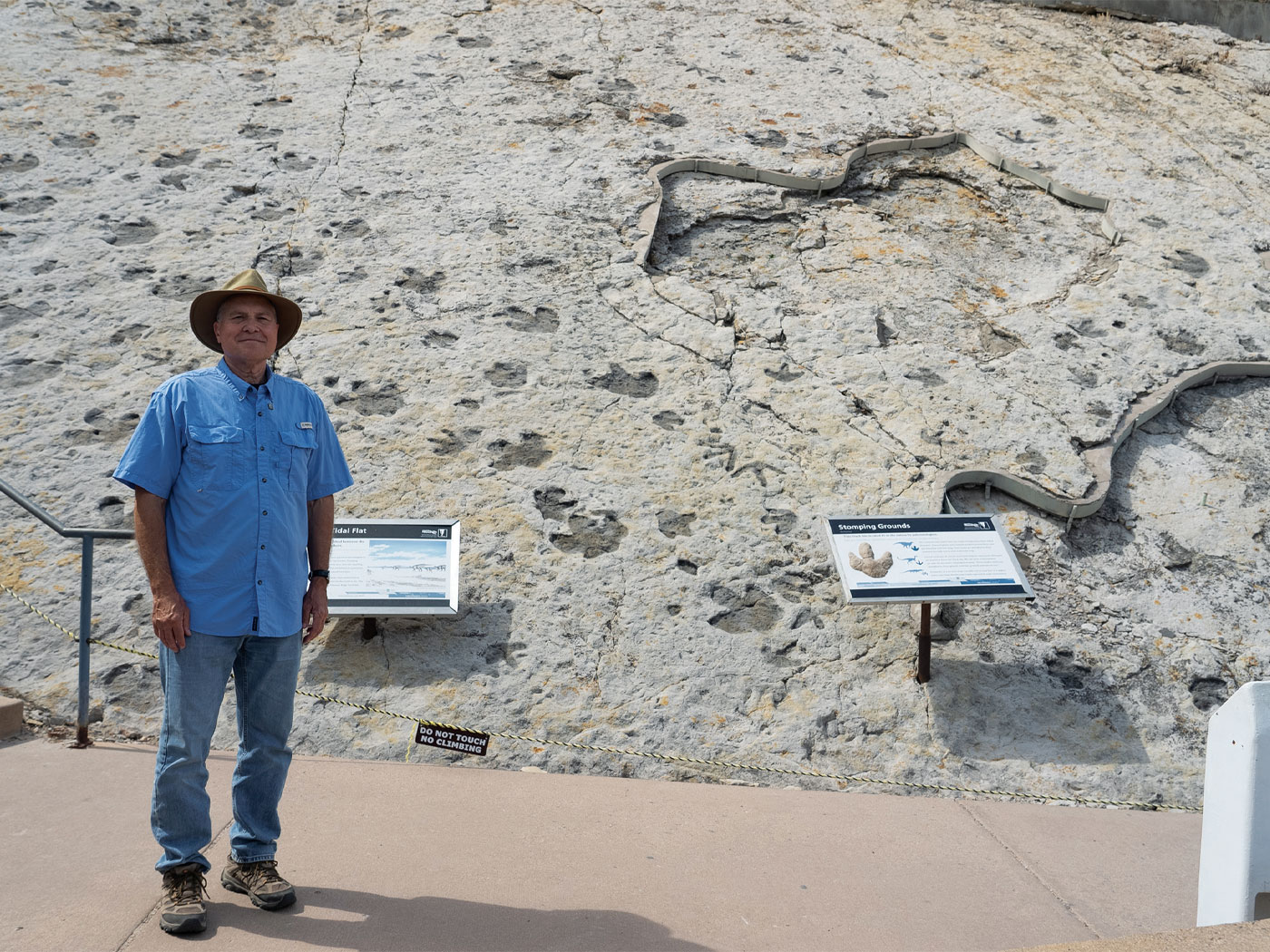Who would try to determine the number and size of a creature's teeth if all that was known about that creature was its footprint? This flavor of reasoning typifies anti-creation cosmology. After sprinkling a dash of data taken from telescopes into a giant cauldron of evolutionary assumptions, secular cosmologists serve bowlfuls of what to them tastes like the real history of the universe, but in reality, they're serving up a conjured chronicle. The recent headline of an "explosion of galaxy formation" that supposedly illuminated the "early universe" illustrates this cosmological feast of folly.1
The University of California's Berkeley news center said, "Extremely bright, active galaxies formed and fully illuminated the universe by the time it was 750 million years old, or about 13 billion years ago, according to Oliver Zahn."1 Berkeley's Zahn was lead author of a report published in The Astrophysical Journal.2 Zahn and his team fitted data from the South Pole Telescope into a Big Bang history, but none of them were present to witness the supposed series of events that they so confidently described.
Researchers took for granted that "the universe was born in the Big Bang."1 Ignoring the difficulties of how it could have occurred, the origin of the material and space that exploded, or how mostly matter instead of equal parts of matter and antimatter resulted, the epoch that supposedly followed the initial blast was one in which matter was so hot that protons could not hold on to electrons. This was called "ionization." Afterward, ignoring fatal difficulties of outward gas pressure and outward magnetic pressure, atoms supposedly cooled and coalesced to form galaxies and stars.3 Next, hot temperatures in galaxies and quasars reionized the gas. The UC Berkeley research focused on determining when this assumed "epoch of reionization" started and stopped.2
The study authors presumed the very history around which they were attempting to set time constraints. For example, they wrote, "In this section, we show that we can use the CMB [cosmic microwave background] data to constrain the history of reionization,  , by combining the constraints on the integrated optical depth and duration of the epoch."2 This shows that they merely fitted the data into a preconception of a Big Bang, including its supposed follow-on epochs, rather than presenting any observation-based conclusions directly from the stellar data.
, by combining the constraints on the integrated optical depth and duration of the epoch."2 This shows that they merely fitted the data into a preconception of a Big Bang, including its supposed follow-on epochs, rather than presenting any observation-based conclusions directly from the stellar data.
Their result—that the epoch of reionization endured for only 500 million years—contradicts the widely held understanding that "reionization lasted 750 million years or longer."1 A Big Bang, an Epoch of Reionization, and natural formation of galaxies and stars are all unproven and unscientific. Thus, research that presumes such notions, e.g., questioning how long the supposed reionization epoch lasted, is as misplaced as quibbling over the size and number of a creature's teeth when all that is known is its footprint.
The Big Bang version of history, ultimately a failed attempt to explain the ultimate origin of all things without a legitimate originator, is soundly refuted by both Scripture4 and science.5 Unfortunately, statements like those included in this Berkeley news release provide opportunities for news outlets to reiterate Big Bang doctrines to new generations of readers.
How do Zahn or his colleagues know that the universe began in a Big Bang? Were any of them present in the beginning? Since the Lord Jesus is eternal and therefore outside the time and space that He created, He was actually there and was gracious enough to record what really happened.6
References
- Sanders, R. Explosion of galaxy formation lit up early universe. Berkeley News Center. Posted at newscenter.berkeley.edu September 4, 2012.
- Zahn, O. et al. 2012. Cosmic Microwave Background Constraints on the Duration and Timing of Reionization from the South Pole Telescope. The Astrophysical Journal. 756 (1): 65.
- Lisle, J. 2012. Blue Stars Confirm Recent Creation. Acts & Facts. 41 (9): 16.
- Morris, J. 1997. Is the Big Bang Biblical? Acts & Facts. 26 (5).
- Lisle, J. 2008. Big Problems with the Big Bang. Hebron, KY: Answers in Genesis.
- "And he is before all things, and by him all things consist." Colossians 1:17.
* Mr. Thomas is Science Writer at the Institute for Creation Research.
Article posted on September 26, 2012.













